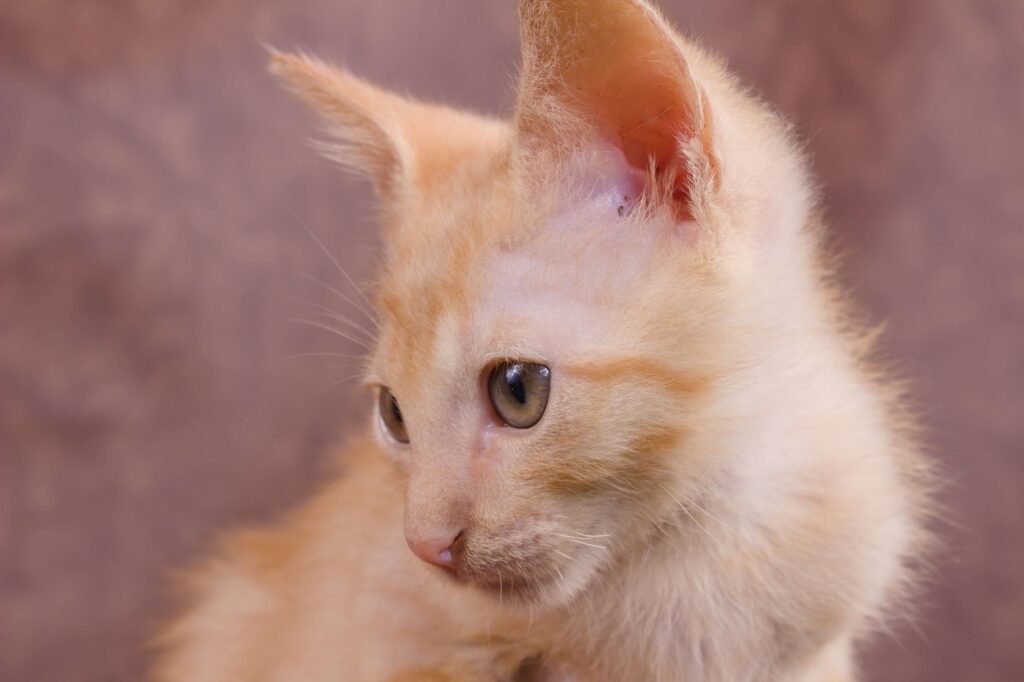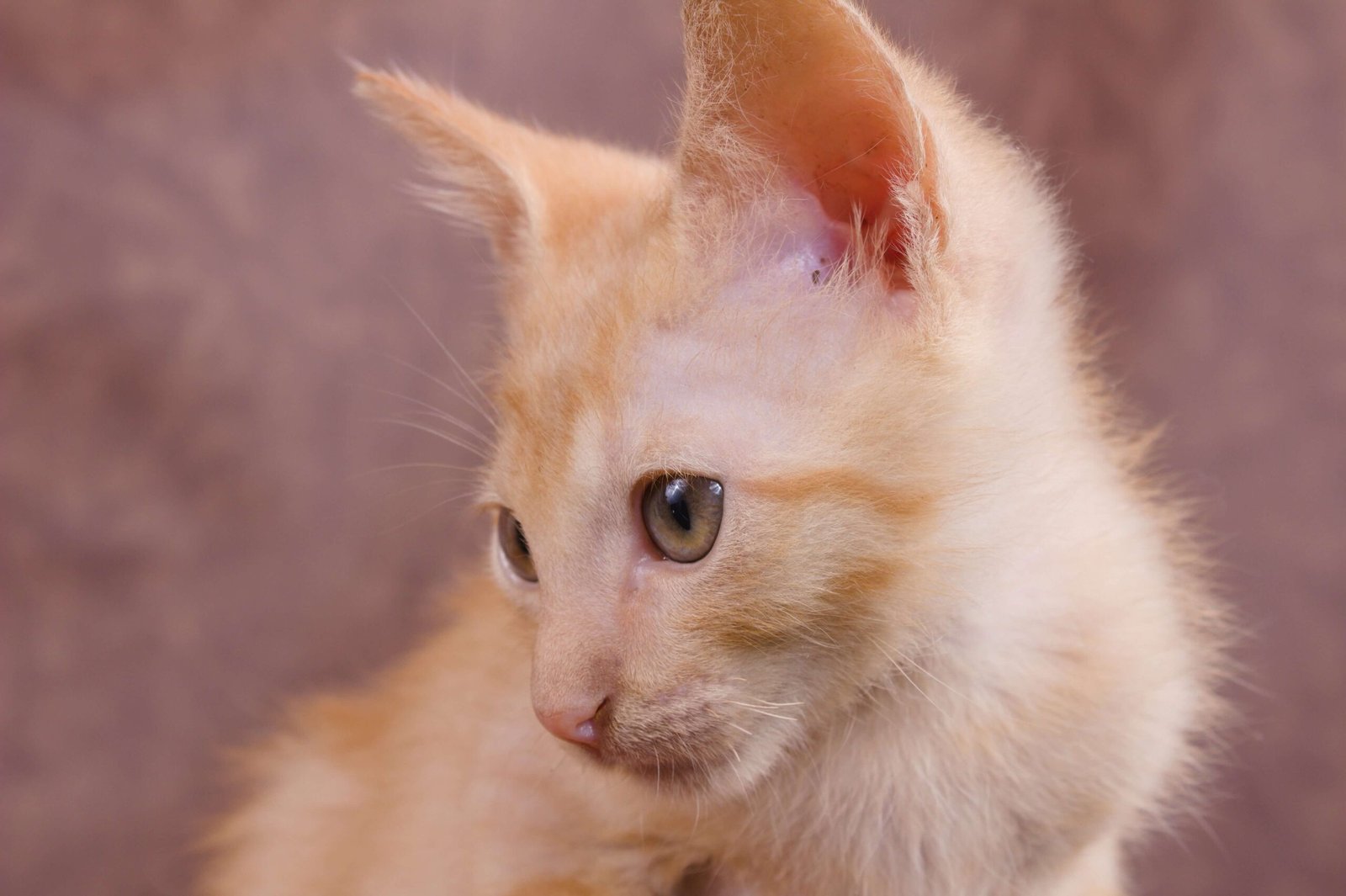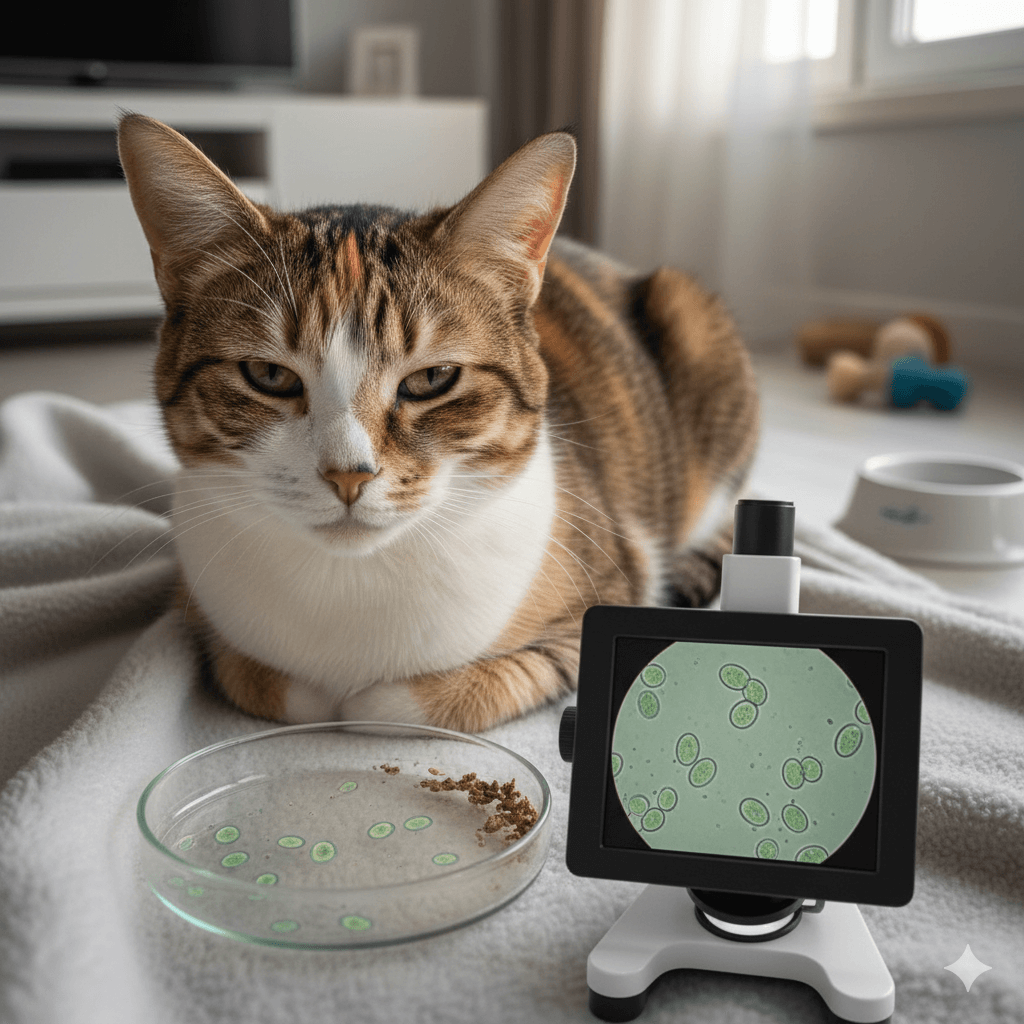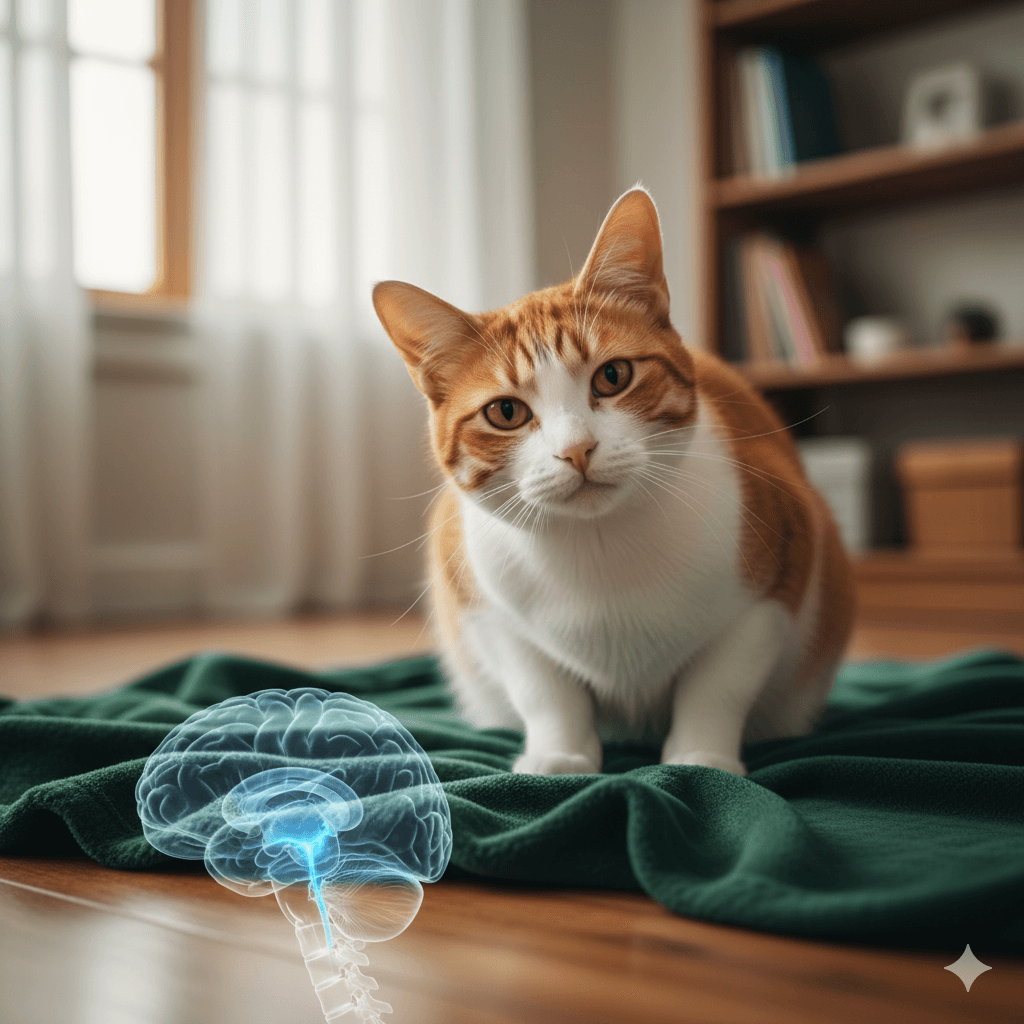Can You Give a Cat Melatonin?
Melatonin is a naturally occurring hormone that regulates sleep-wake cycles in humans and animals. It’s commonly used as a supplement to address sleep issues, anxiety, or stress. But what about cats? As pet owners become more proactive about their feline companions’ well-being, questions arise about whether melatonin is safe or beneficial for cats. While melatonin can be helpful in certain situations, it’s essential to understand its effects, proper dosages, and potential risks before giving it to your cat. In this blog post, we’ll explore everything you need to know about using melatonin for cats, including its benefits, precautions, and alternatives.
Benefits of Melatonin for Cats
When used correctly, melatonin can offer several benefits for cats, particularly those experiencing stress, anxiety, or sleep disturbances. Here’s how melatonin may help:
Reduces Anxiety : Melatonin can calm cats during stressful events like vet visits, travel, or loud noises (e.g., fireworks).
Improves Sleep Patterns : It may help regulate sleep cycles in cats with insomnia or irregular sleeping habits.
Supports Coat Health : Some studies suggest melatonin can promote hair growth in cats experiencing excessive shedding or alopecia.
Eases Travel Stress : Cats prone to motion sickness or fear during car rides may benefit from melatonin’s calming effects.
Minimizes Aggression : In multi-cat households, melatonin may reduce tension and aggression between feline companions.
While these benefits make melatonin appealing, it’s crucial to consult your veterinarian before administering it to ensure it’s appropriate for your cat’s specific needs.
Potential Risks and Side Effects of Melatonin
Although melatonin is generally considered safe for cats, there are potential risks and side effects to be aware of. Here’s what to watch out for:
Overdose Risk : Giving too much melatonin can lead to lethargy, vomiting, or gastrointestinal upset.
Allergic Reactions : Some cats may have sensitivities to melatonin or its additives, resulting in itching or swelling.
Interaction with Medications : Melatonin may interact with other medications your cat is taking, such as sedatives or painkillers.
Inconsistent Quality : Over-the-counter supplements may contain impurities or inconsistent dosages, posing risks to your cat.
Underlying Health Conditions : Cats with liver or kidney issues may struggle to metabolize melatonin properly.
Understanding these risks ensures you can make an informed decision and prioritize your cat’s safety when considering melatonin.
Check this guide 👉Can You Give a Cat MiraLAX? Best 7 Health Tips!
Check this guide 👉Can I Give My Cat Pedialyte? Best 7 Expert Tips!

Benefits of Melatonin for Cats | Risks and Precautions |
|---|---|
Reduces anxiety and stress | Risk of overdose if given incorrectly |
Promotes better sleep patterns | Possible allergic reactions |
Supports coat health and hair growth | Interaction with other medications |
Eases travel-related stress | Inconsistent quality in supplements |
Minimizes aggression in multi-cat homes | Not suitable for cats with certain conditions |
How to Safely Administer Melatonin to Your Cat
If your veterinarian approves melatonin for your cat, it’s important to follow these guidelines to ensure safe administration:
Consult Your Vet First : Always seek professional advice to determine the correct dosage and suitability for your cat.
Choose High-Quality Supplements : Opt for vet-recommended products free of artificial additives or harmful ingredients.
Start with a Low Dose : Begin with the smallest effective dose to monitor your cat’s reaction before increasing it.
Administer at the Right Time : Give melatonin about 30 minutes before a stressful event or at bedtime for sleep support.
Monitor for Side Effects : Watch for any adverse reactions and discontinue use if symptoms like vomiting or lethargy occur.
By following these steps, you can minimize risks and ensure your cat benefits from melatonin safely.
Alternatives to Melatonin for Calming Cats
If melatonin isn’t suitable for your cat, there are other ways to address anxiety, stress, or behavioral issues. Here are some alternatives:
Feliway Diffusers : These release synthetic pheromones that mimic a cat’s natural calming scents.
Interactive Toys : Engaging your cat with toys can distract them from stressors and provide mental stimulation.
Calming Treats : Specialized treats containing ingredients like L-theanine or chamomile can promote relaxation.
Behavioral Training : Positive reinforcement techniques can help reduce anxiety or aggression over time.
Environmental Enrichment : Creating a safe, comfortable space with hiding spots and cozy bedding can reduce stress.
These alternatives provide safe and effective ways to support your cat’s emotional well-being without relying on melatonin.
Signs Your Cat May Benefit from Melatonin
If your cat is experiencing stress or anxiety, they may exhibit certain behaviors that indicate they could benefit from melatonin. Here are some signs to look out for:
Excessive Grooming : Over-grooming to the point of hair loss can signal stress or anxiety.
Hiding More Than Usual : Cats that suddenly seek isolation may be feeling overwhelmed or fearful.
Aggression Toward Other Pets : Uncharacteristic aggression can indicate tension or discomfort in multi-cat households.
Vocalization Changes : Increased meowing, especially at night, may suggest restlessness or anxiety.
Refusal to Eat : Loss of appetite can be a sign of stress or an underlying health issue.
If you notice these behaviors, consult your vet to determine if melatonin or another solution is appropriate for your cat.
How to Create a Stress-Free Environment for Your Cat
A calm and enriching environment can help reduce your cat’s stress levels naturally. Here are some ways to create a peaceful space for your feline friend:
Provide Vertical Spaces : Cat trees or shelves allow cats to climb and observe their surroundings safely.
Use Soft Lighting : Dim or warm lighting can create a soothing atmosphere, especially during nighttime hours.
Minimize Noise : Reduce loud or sudden noises, such as vacuuming or loud music, which can startle your cat.
Offer Safe Hiding Spots : Provide cozy spaces like covered beds or cardboard boxes where your cat can retreat when stressed.
Establish a Routine : Consistent feeding, play, and sleep schedules help cats feel secure and reduce anxiety.
By creating a stress-free environment, you can support your cat’s emotional well-being and potentially reduce the need for supplements like melatonin.
Common Misconceptions About Melatonin for Cats
There are several misconceptions about using melatonin for cats that deserve clarification. Here’s what you should know:
“Melatonin is Safe in Any Amount” : Even small overdoses can cause adverse effects, so precise dosing is crucial.
“All Cats Respond the Same Way” : Each cat’s physiology is unique, so results and reactions to melatonin can vary.
“It’s Only for Sleep Issues” : While melatonin helps with sleep, it’s also effective for anxiety, stress, and even coat health.
“Over-the-Counter Melatonin is Always Safe” : Human-grade supplements often contain additives that may harm cats.
“Melatonin Replaces Veterinary Care” : It’s not a substitute for professional diagnosis and treatment of underlying issues.
Understanding these facts can help dispel myths and ensure you use melatonin responsibly and effectively for your cat.
Frequently Asked Questions About Melatonin for Cats
Is melatonin safe for cats?
Yes, but only under veterinary supervision and in the correct dosage.
Can I give my cat human melatonin?
No, human melatonin may contain additives or dosages unsuitable for cats.
How much melatonin can I give my cat?
Dosage varies based on your cat’s size and needs; always consult your vet for guidance.
What should I do if my cat accidentally takes too much melatonin?
Contact your veterinarian or an animal poison control hotline immediately.
Can melatonin help with my cat’s shedding?
Some studies suggest melatonin may promote hair growth, but results vary by individual cat.
Prioritizing Your Cat’s Well-Being
Melatonin can be a helpful tool for managing stress, anxiety, or sleep issues in cats, but it’s not a one-size-fits-all solution. Understanding its benefits, risks, and proper usage is key to ensuring your cat’s safety and comfort. Whether you choose melatonin or explore alternative calming methods, always prioritize professional guidance and tailor solutions to your cat’s unique needs. By staying informed and attentive, you can help your feline companion live a happier, healthier life. Remember, your vet is your best resource for making decisions about your cat’s health—so don’t hesitate to reach out for advice.
Understanding Cryptosporidium in Cats: Best 7 Expert Tips! – Spot symptoms, treat safely, and stop parasite spread in your home.
Understanding Cryptosporidium in Dogs: Best 7 Expert Tips! – Learn symptoms, treatment & prevention for this stubborn gut parasite.
Understanding Syringomyelia in Cats: Best 7 Expert Tips! – Recognize signs, manage pain, and support your cat’s neurological health with vet-backed guidance.
Understanding Syringomyelia in Dogs: Best 7 Expert Tips! – Expert insights on symptoms, MRI diagnosis, pain management & quality of life.





